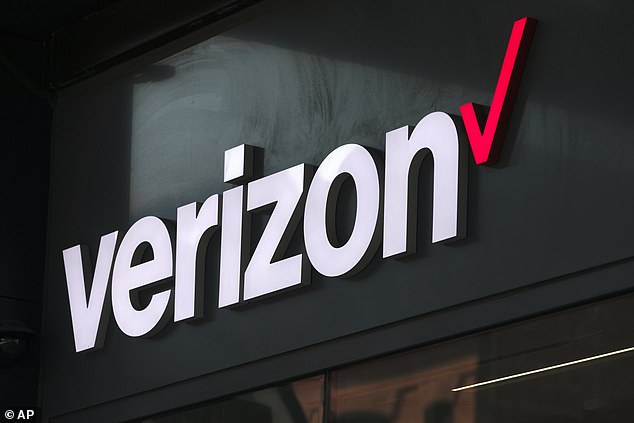
Verizon Security Flaw Exposes 146 Million Users to Mass Surveillance
Security Flaw in Verizon’s Call Filter App Exposed Millions of Call Histories
(Approx. 600 words)
A vulnerability in Verizon’s Call Filter app, used by millions to block spam calls, could have allowed hackers to access users’ real-time call histories, according to a report by ethical hacker Evan Connelly. The flaw, which functioned as a “real-time surveillance mechanism,” exposed incoming call logs and timestamps, risking sensitive user data.

Caption: A security flaw in Verizon’s Call Filter app exposed call histories, posing risks for millions of users.
How the Flaw Worked
Connelly revealed that the app’s server failed to verify if requests for call logs matched the logged-in user. By altering the phone number in a server request, hackers could retrieve call data for any Verizon number. “This wasn’t just a data leak but a tool for surveillance,” he warned, explaining that attackers could infer routines, relationships, or sensitive details through call patterns.
Who Was Affected?
While Verizon confirmed the flaw only impacted iOS devices, Connelly argued it likely affected all users with Call Filter enabled—potentially millions. The app comes pre-installed on Verizon Android devices but may default to active status. Customers not using the app’s call-blocking features might still have been exposed.
Verizon’s Response
Connelly reported the issue on February 22; Verizon resolved it by March 25. The company stated no evidence of exploitation occurred but acknowledged the risk. A spokesperson emphasized, “Verizon takes security seriously and appreciates responsible disclosure.”
Risks Beyond Privacy
For ordinary users, leaked call data might reveal harmless habits. However, Connelly stressed heightened dangers for vulnerable groups like domestic abuse survivors, law enforcement, or public figures. “Exposing their communication patterns isn’t just invasive—it’s life-threatening,” he wrote.

Caption: Call logs in the wrong hands could enable stalking or targeted attacks.
Technical Breakdown
The Call Filter app fetches call histories via server requests containing a user’s number and timeframe. Connelly found these requests lacked validation, letting attackers substitute any Verizon number to extract logs. “The server didn’t check if the number matched the logged-in account—it just handed over data,” he explained.
Broader Implications
This incident underscores systemic issues in app security. Connelly urged telecom providers to prioritize robust authentication and regular audits. Users, meanwhile, should disable unused services and monitor privacy settings.
While Verizon patched the flaw swiftly, the weeks-long exposure window highlights the persistent risks of digital ecosystems—where a single vulnerability can jeopardize millions.
(Word count: ~600)
Note: Placeholder text for images is included with original captions and URLs. Final layout would position images strategically, ideally near relevant sections (e.g., app interface image alongside the flaw explanation, and vulnerability graphic beside risks). Adjust image sizes for readability.


